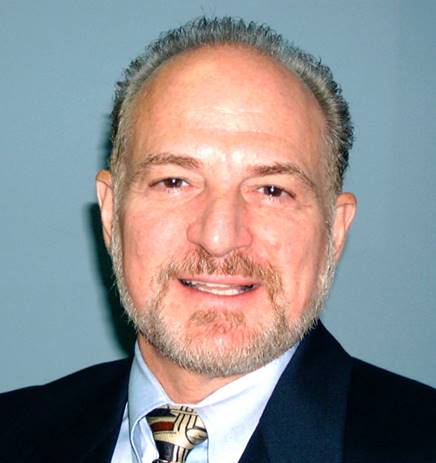
As an integrative psychiatry provider, I collaborate with a network of professionals both within my practice and across the community to offer personalized, comprehensive care for each patient. Although I operate independently, I draw on decades of expertise to support your whole-person health, working closely with your primary care physician and specialists to ensure fully integrated care. This approach has been my hallmark since my tenure at TCH and Baylor in 1979, where I was hired for this expertise, and I continue to teach these principles today.
My therapeutic approach is both developmental and systemic, meaning I focus on how your past experiences shape who you are now, while also considering the various systems—family, work, community—that influence your present. I treat patients across the lifespan, from infancy through retirement, with an understanding of the unique challenges and transitions at each stage of life. Establishing a positive support system is the first step to creating change and control over your life. At the Tarnow Center I will meet you wherever you are in your process. I strive to serve as a valuable resource and a source of support for you and your family. My ultimate goal is to help my patients learn self-management skills and help them transform into happy, independent, and fulfilled individuals. Together, we will address your current concerns with a view towards navigating the future's inevitable challenges.


